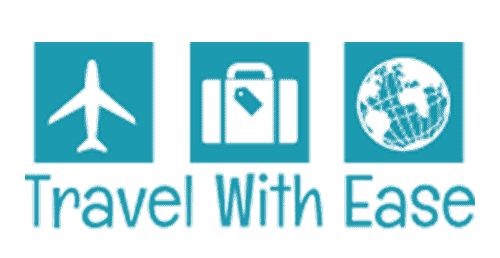Scottish law is different from that of England and Wales and there are many beautiful places you can park up and stay for a night or two. The advantage of wild camping in a motorhome is that you already have the water you need on board and a good leisure battery will provide you with enough power for the lights, pumping water and flushing the toilet. With gas for cooking and running the fridge you can be completely self-sufficient. When the time comes to move on you can recharge your leisure battery in preparation for your next night’s stay.
Places to stay
You will often find car parks with no overnight restrictions where you can stay in lovely seaside areas with beautiful views over the coast. Some lay-bys also offer good places for wild camping; just make sure you are not next to a busy road, or your sleep may be disturbed by traffic. Another alternative is to stay in a pub car park, which may be free if you ask the landlord and perhaps order a meal or two.
For really wild camping you can park in a remote area on the shore of a loch or beside a river. If you are planning to do this you need to stock up on essentials and ensure you have plenty of food, water and gas on board. You will also need plenty of rubbish bags, because there is unlikely to be a waste bin handy and you will have to carry your litter until you find a suitable place to dispose of it. Most motorhomes have an external storage locker where you can store the waste without interfering with your living space.
Practical tips
Look out for garages that let you top up your water. It is a good idea to carry some bottled drinking water as well as the supplies in your tank. Some people who enjoy wild camping with their motorhome stay two or three nights in the wild and one night on site. This enables them to replenish their supplies and use the facilities to empty the grey water tanks and the toilet. If you are not confident with using the shower in your motorhome, an on-site stay will provide you with a chance to wash your hair and clean up generally.
Do not park anywhere you are going to be an inconvenience to anybody. You are much less likely to be disturbed if you respect people living nearby. If you are staying anywhere near houses it is usually better to move on early in the morning. If you have a dog with you, make sure you keep it under control and do not leave litter anywhere. You have cooking facilities in your motorhome, but if you fancy a barbecue, make sure that it does not disturb anyone and remove all traces before you go. Camp fires should not be used as they can cause damage to the environment and possibly spread to the surrounding countryside.
Visiting local shops in the area you are camping in helps to promote a good relationship between the local people and wild campers. Fresh produce is available from village shops and farm shops and is generally much healthier than relying on tinned and packaged goods.

